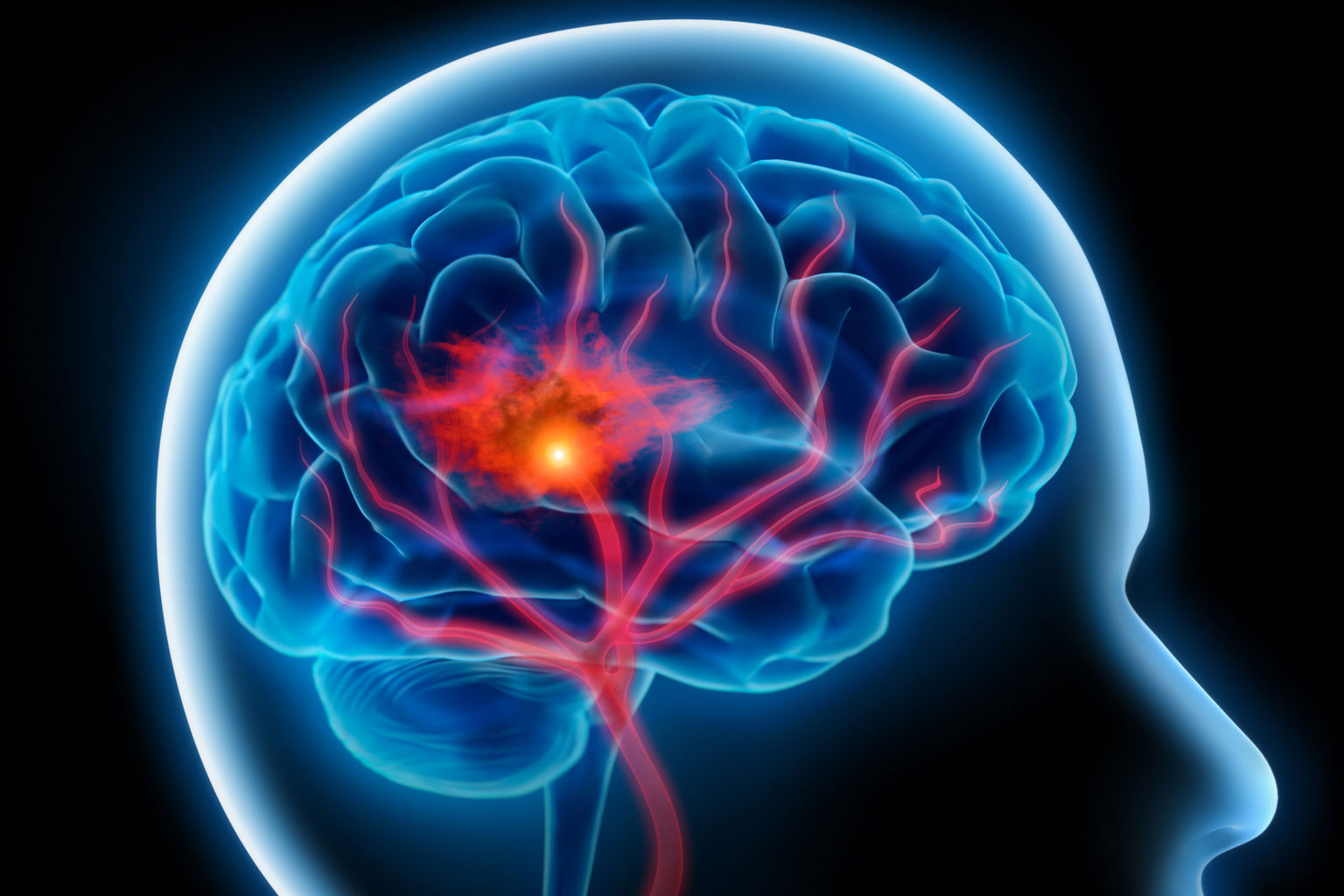
stroke occurs when the blood supply to part of your brain is interrupted or reduced, preventing brain tissue from getting oxygen and nutrients. Brain cells begin to die in minutes.
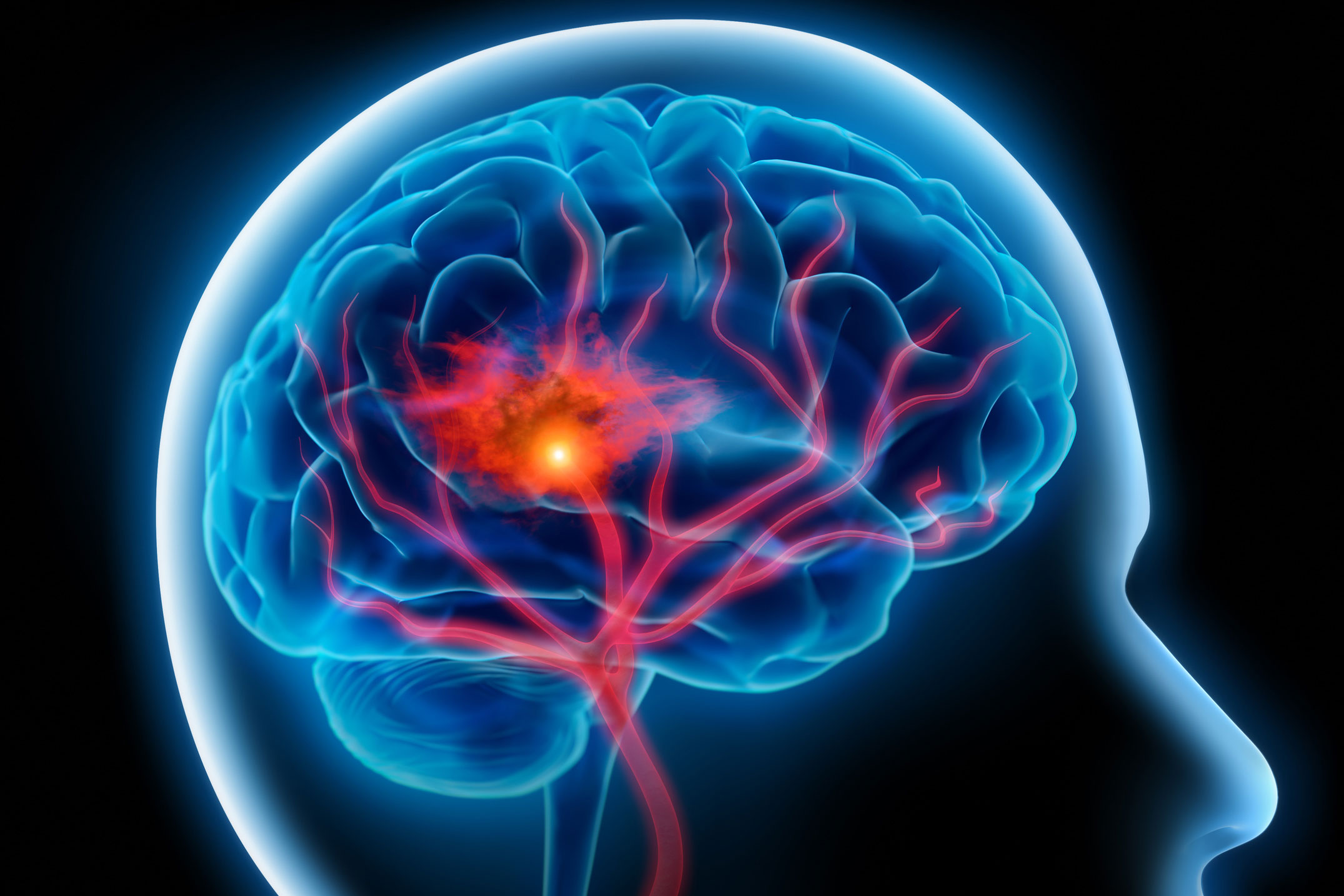
New York. by Ed Hosseinipour, Senior Clinical Pharmacist A stroke is a medical emergency, and prompt treatment is crucial. Early action can reduce brain damage and other complications.
- Symptoms
- Trouble speaking and understanding what others are saying. You may experience confusion
- Paralysis or numbness of the face, arm or leg. Try to raise both your arms over your head at the same time. If one arm begins to fall, you may be having a stroke. Also, one side of your mouth may droop when you try to smile.
- Problems seeing in one or both eyes.
- A sudden, severe headache, which may be accompanied by vomiting, dizziness or altered consciousness, may indicate that you’re having a stroke.
- Trouble walking. sudden dizziness or a loss of coordination.
Causes. Stroke can be caused either by a clot obstructing the flow of blood to the brain ( ischemic stroke) or by a blood vessel rupturing and preventing blood flow to the brain (hemorrhagic stroke). A TIA (transient ischemic attack), or “mini stroke”, is caused by a temporary clot.
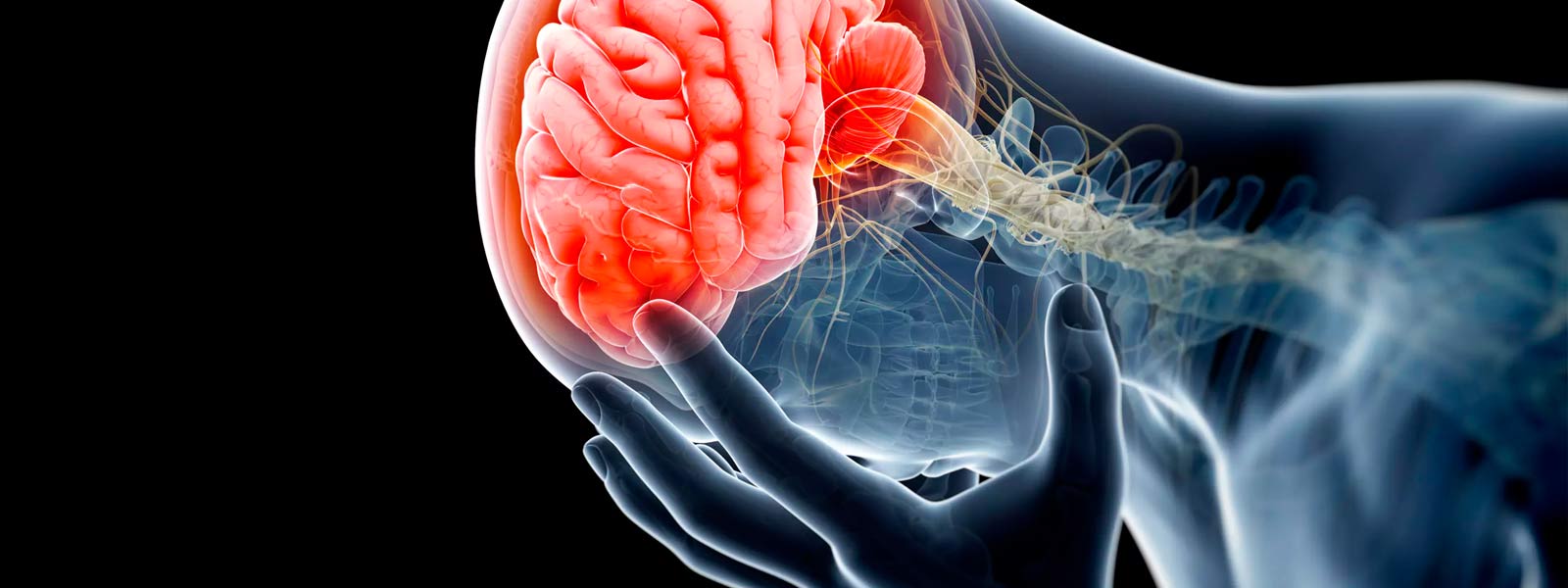
Risk factors. Being overweight or obese, Physical inactivity, Heavy or binge drinking, Use of illegal drugs such as cocaine and methamphetamine, High blood pressure, Cigarette smoking or secondhand smoke exposure,High cholesterol, Diabetes, Obstructive sleep apnea
Cardiovascular disease, including heart failure, heart defects, heart infection or abnormal heart rhythm, such as atrial fibrillation Personal or family history of stroke, heart attack or transient ischemic attack
Prevention Many stroke prevention strategies are the same as strategies to prevent heart disease. In general, healthy lifestyle recommendations include
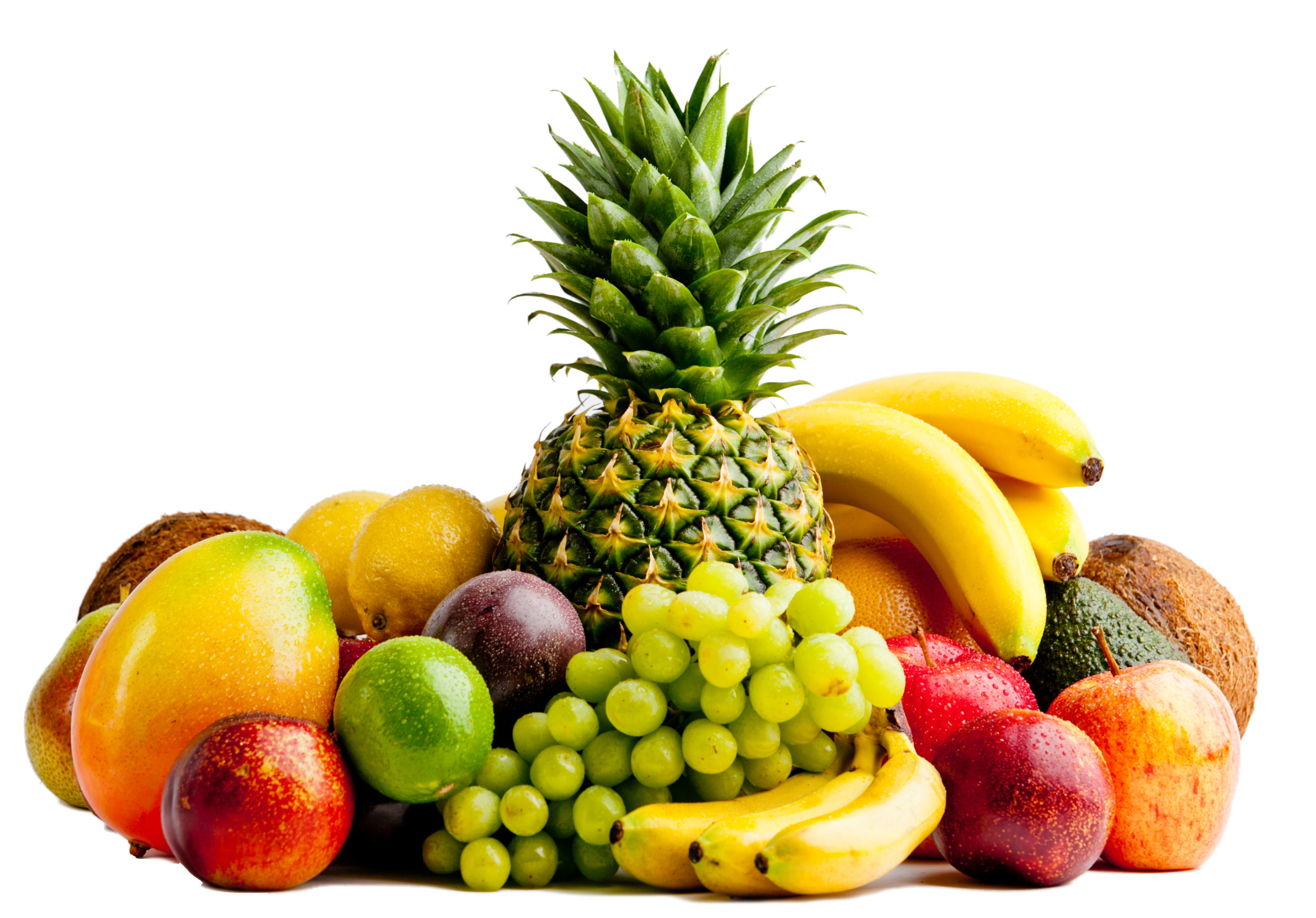
- Controlling high blood pressure (hypertension).This is one of the most important things you can do to reduce your stroke risk. If you’ve had a stroke, lowering your blood pressure can help prevent a subsequent TIA or stroke. Healthy lifestyle changes and medications are often used to treat high blood pressure.
- Lowering the amount of cholesterol and saturated fat in your diet.Eating less cholesterol and fat, especially saturated fat and trans fats, may reduce the buildup in your arteries. If you can’t control your cholesterol through dietary changes alone, your doctor may prescribe a cholesterol-lowering medication.
- Quitting tobacco use.Smoking raises the risk of stroke for smokers and nonsmokers exposed to secondhand smoke. Quitting tobacco use reduces your risk of stroke.
- Managing diabetes.Diet, exercise and losing weight can help you keep your blood sugar in a healthy range. If lifestyle factors don’t seem to be enough to control your diabetes, your doctor may prescribe diabetes medication.

- Maintaining a healthy weight.Being overweight contributes to other stroke risk factors, such as high blood pressure, cardiovascular disease and diabetes.
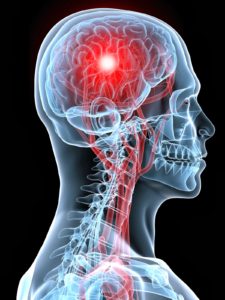
- Eating a diet rich in fruits and vegetables.A diet containing five or more daily servings of fruits or vegetables may reduce your risk of stroke. The Mediterranean diet, which emphasizes olive oil, fruit, nuts, vegetables and whole grains, may be helpful.
- Exercising regularly.Exercise can lower your blood pressure, increase your levels of good cholesterol, and improve the overall health of your blood vessels and heart. It also helps you lose weight, control diabetes and reduce stress. Gradually work up to at least 30 minutes of moderate physical activity.
- Drinking alcohol in moderation, if at all.Heavy alcohol consumption increases your risk of high blood pressure, ischemic strokes and hemorrhagic strokes. Alcohol may also interact with other drugs you’re taking. However, drinking small to moderate amounts of alcohol, such as one glass of wine a day, may help prevent ischemic stroke and decrease your blood’s clotting tendency.
- Treating obstructive sleep apnea (OSA).Your doctor may recommend a sleep study if you have symptoms of OSA — a sleep disorder that causes you to stop breathing for short periods repeatedly during sleep. Treatment for OSA includes a device that delivers positive airway pressure through a mask to keep your airway open while you sleep.
- Avoiding illegal drugs.Certain street drugs, such as cocaine and methamphetamine, are established risk factors for a TIA or a stroke.
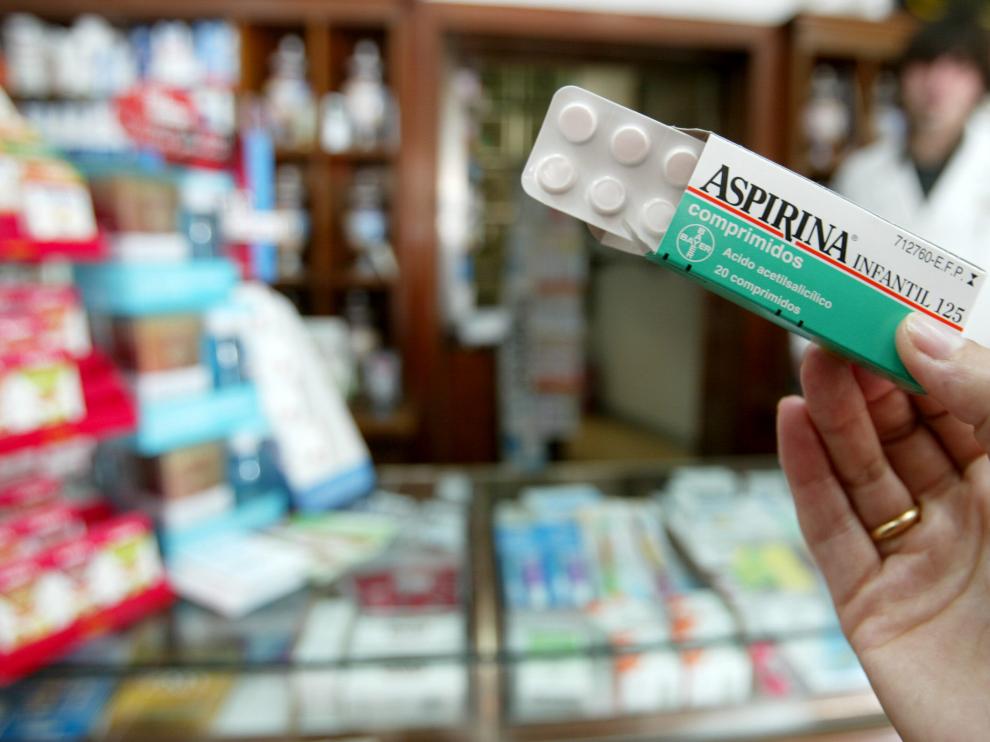
Treatment:
- Anti-platelet drugs. Platelets are cells in your blood that form clots. Anti-platelet drugs make these cells less sticky and less likely to clot. The most commonly used anti-platelet medication is aspirin.
After a TIA or minor stroke, your doctor may give you aspirin and an anti-platelet drug such as clopidogrel (Plavix) for a period of time to reduce the risk of another stroke. If you can’t take aspirin, your doctor may prescribe clopidogrel alone.
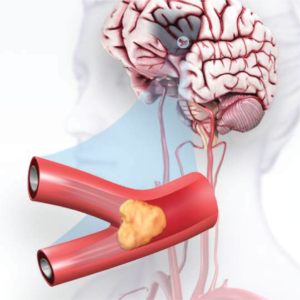
- These drugs reduce blood clotting. Heparin is fast acting and may be used short-term in the hospital.
Slower-acting warfarin (Coumadin, Jantoven) may be used over a longer term. Warfarin is a powerful blood-thinning drug, so you’ll need to take it exactly as directed and watch for side effects. You’ll also need to have regular blood tests to monitor warfarin’s effects.
Several newer blood-thinning medication are available for . These medications include (Pradaxa), (Xarelto), (Eliquis) and (Savaysa). They’re shorter acting than warfarin and usually don’t require regular blood tests or monitoring by your doctor. These drugs are also associated with a lower risk of bleeding complications.
Baron Specialty Pharmacy is prepared to discuss any questions you may have regarding prevention and treatment of stroke. Please feel free to come in for a free consultation about this or any other disease state. Our clinical Pharmacists are knowledgeable and ready to review your medication regimen and suggest improvements if necessary .Feel free to contact us at (718) 406-9196.[ENG]
